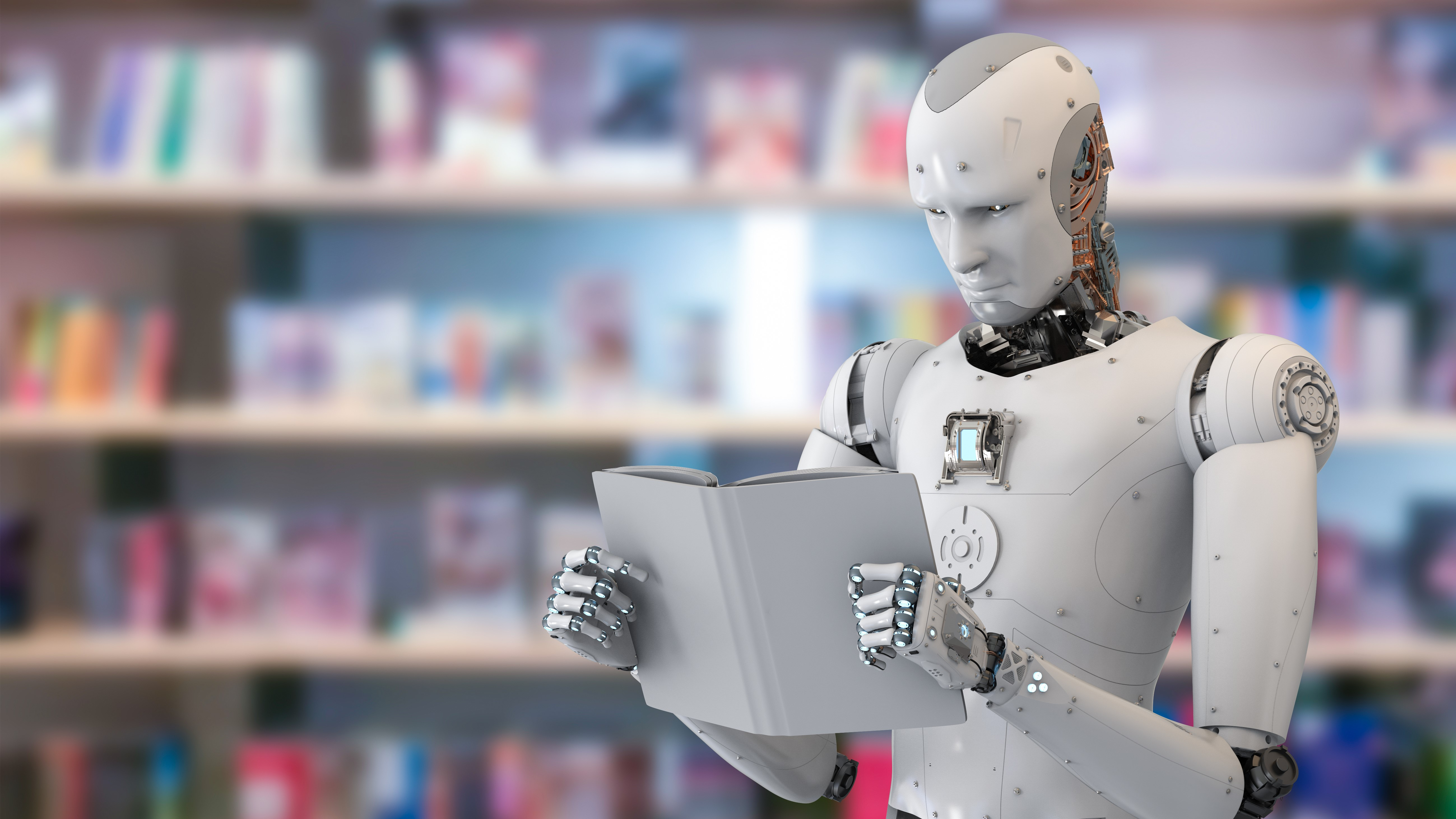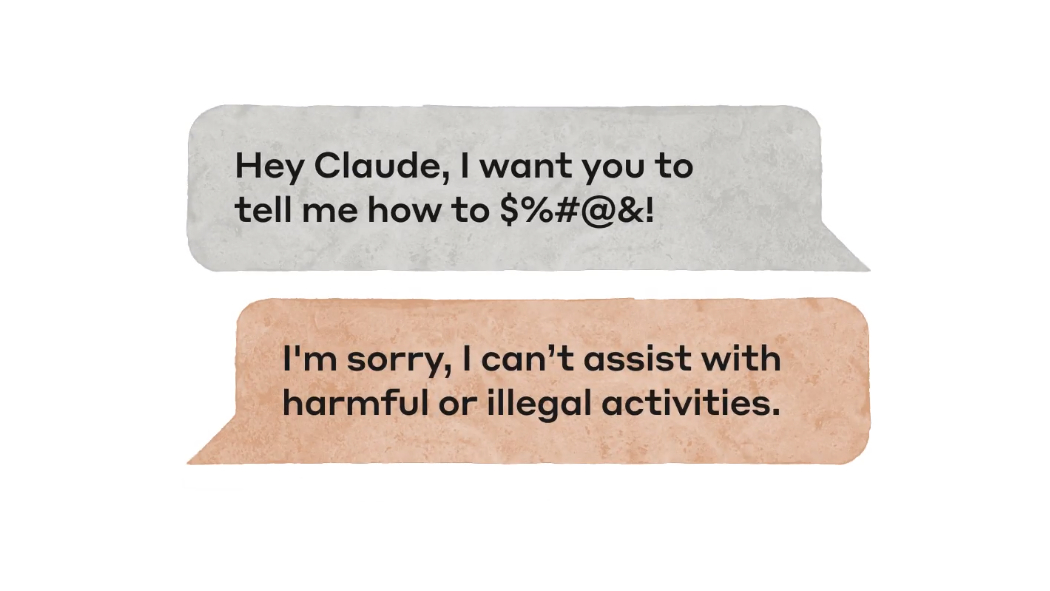
The internet’s beloved ChatGPT has a new rival and its name is… Claude?
Yes, OpenAI competitor Anthropic has its own chatbot to take on the heavy hitters like ChatGPT and Google Bard, and Claude has just received a major upgrade to give it a leg up against the competition: an enormous memory boost.
Memory is one of the key limitations of most chatbots, and it isn’t one that has been widely discussed during the current explosion of AI popularity. It’s what dictates an AI’s ‘context window’ - which is to say, the amount of information a chatbot can handle within a single interaction before it starts to ‘forget’ information from earlier.
Although this data isn’t strictly measured in words, ChatGPT can currently handle around 3,000 words of text in a single conversation with a user before it starts to lose track of things. If you’re a paying ChatGPT Plus customer, you might’ve been lucky enough to access the limited-release full model of GPT-4, which can track about three to four times that amount.
After a recent memory boost, Claude - I love that name, by the way - can now process approximately 75,000 words within a single interaction. Anthropic claims that it can process an entire novel at incredible speeds; the company made Claude read The Great Gatsby twice, with a single sentence edited - and the chatbot picked out the difference in just 22 seconds.
A longer memory could mean fewer AI 'hallucinations'
Obviously, this is a big step forward for AI development - not least because it would take the average human five hours or more to read a novel like Gatsby in its entirety. If you ask ChatGPT to summarize a novel for you, it’ll collate its response from human-authored summaries from around the internet; Claude could actually write one itself. It’s possible that Claude could become a better choice than ChatGPT when it comes to AI-assisted writing.
On top of that, memory is the unspoken problem a lot of AI chatbots have right now. It’s the reason why some chatbots - like Microsoft’s Bing AI - have had response limits imposed on them, to avoid the AI behaving strangely when it ‘forgets’ earlier points in a lengthy conversation.

These conversational glitches fall under the umbrella of what some people are calling ‘AI hallucinations’, which can lead to chatbots inventing wrong answers to queries and generally playing up. Claude’s newly-improved memory capacity won’t just enable it to tackle larger blocks of information, but will hopefully help it stay on-topic during lengthy interactions.
Anthropic’s upgraded AI isn’t available to the wider public just yet - you have to be a business partner with access to Claude’s API, and there’s no word on pricing - but this is a step in the right direction for improving the capabilities of chatbots - especially since they’re being rapidly integrated into every aspect of our digital lives.
Of course, this doesn’t fix the many, many other problems with AI. It’s good to see, though, that Anthropic holds safe and ethical AI development at the core of its ethos, stating on its own website that ‘We do not know how to train systems to robustly behave well’ - because right now, nobody does. Maybe we’ll get there, though - and maybe Claude will be the AI to lead us there.
Via The Verge.







